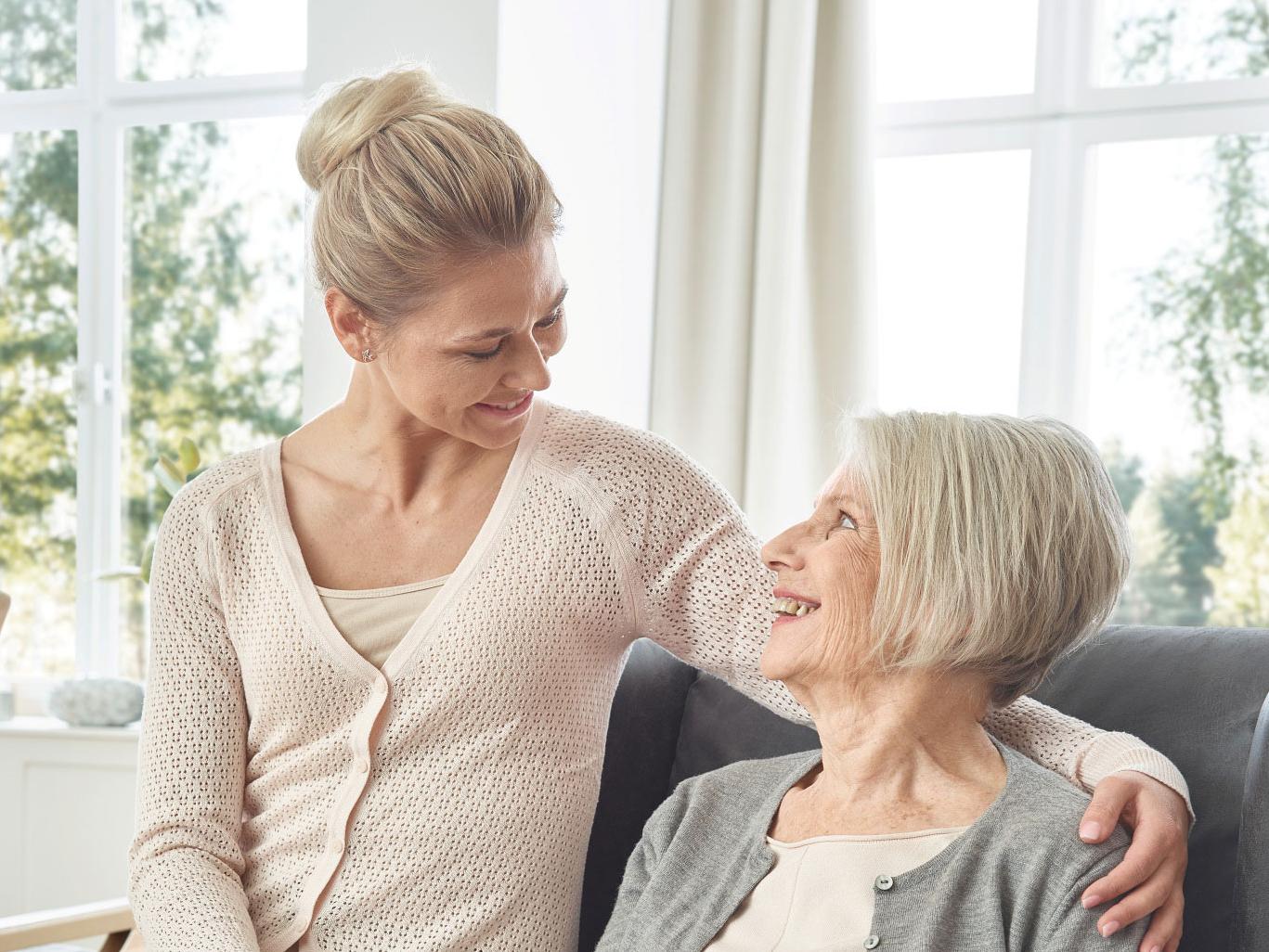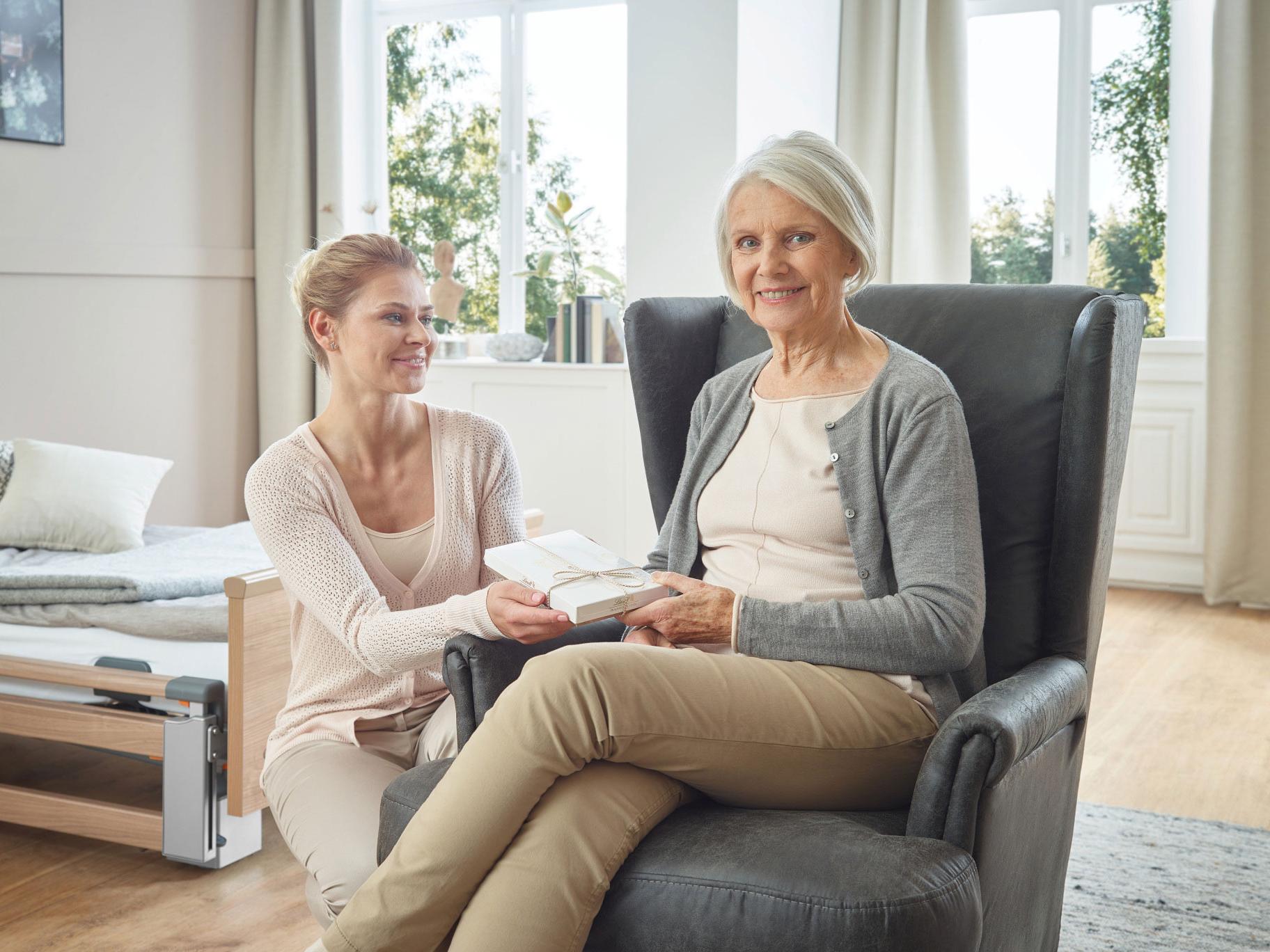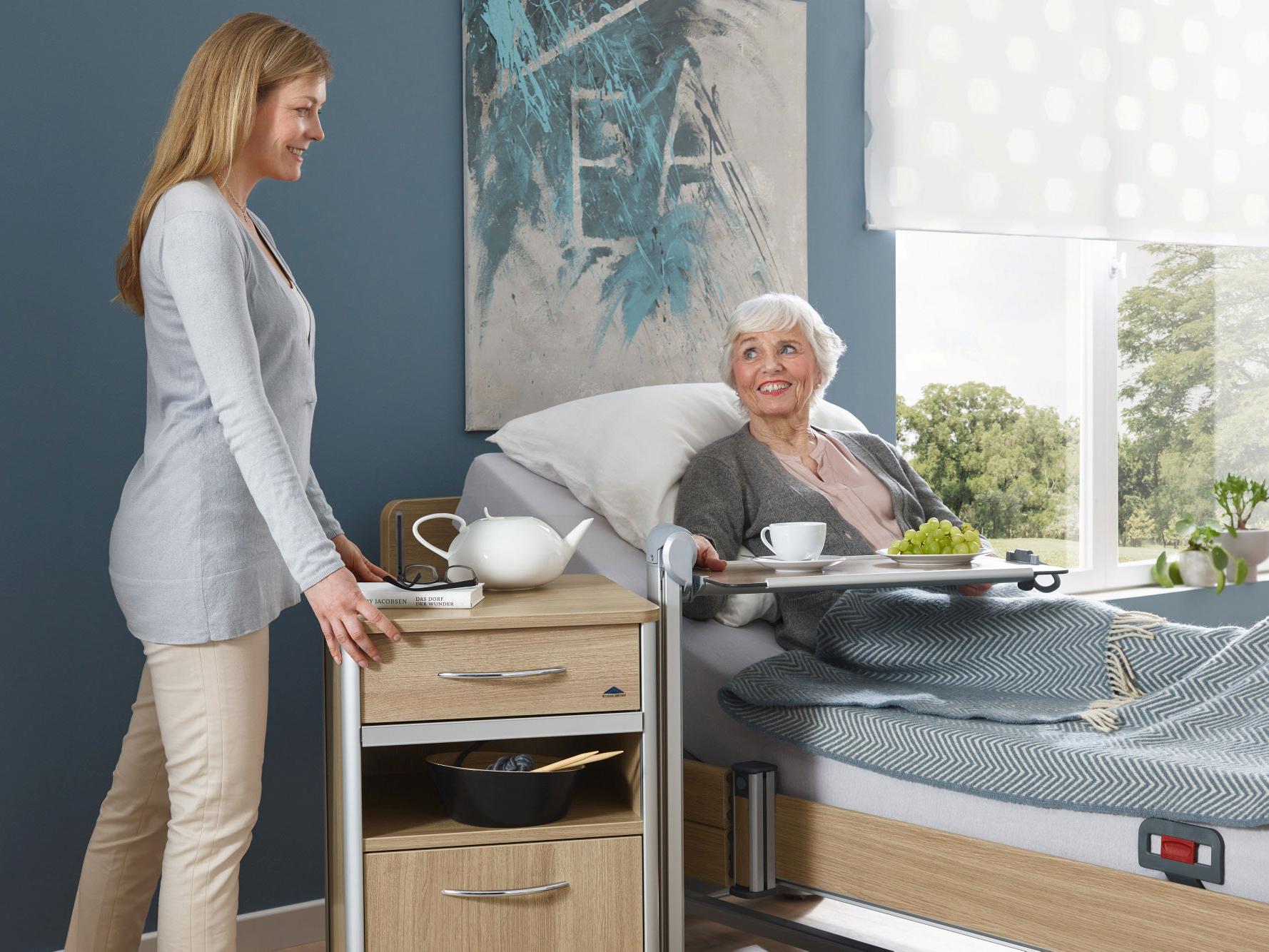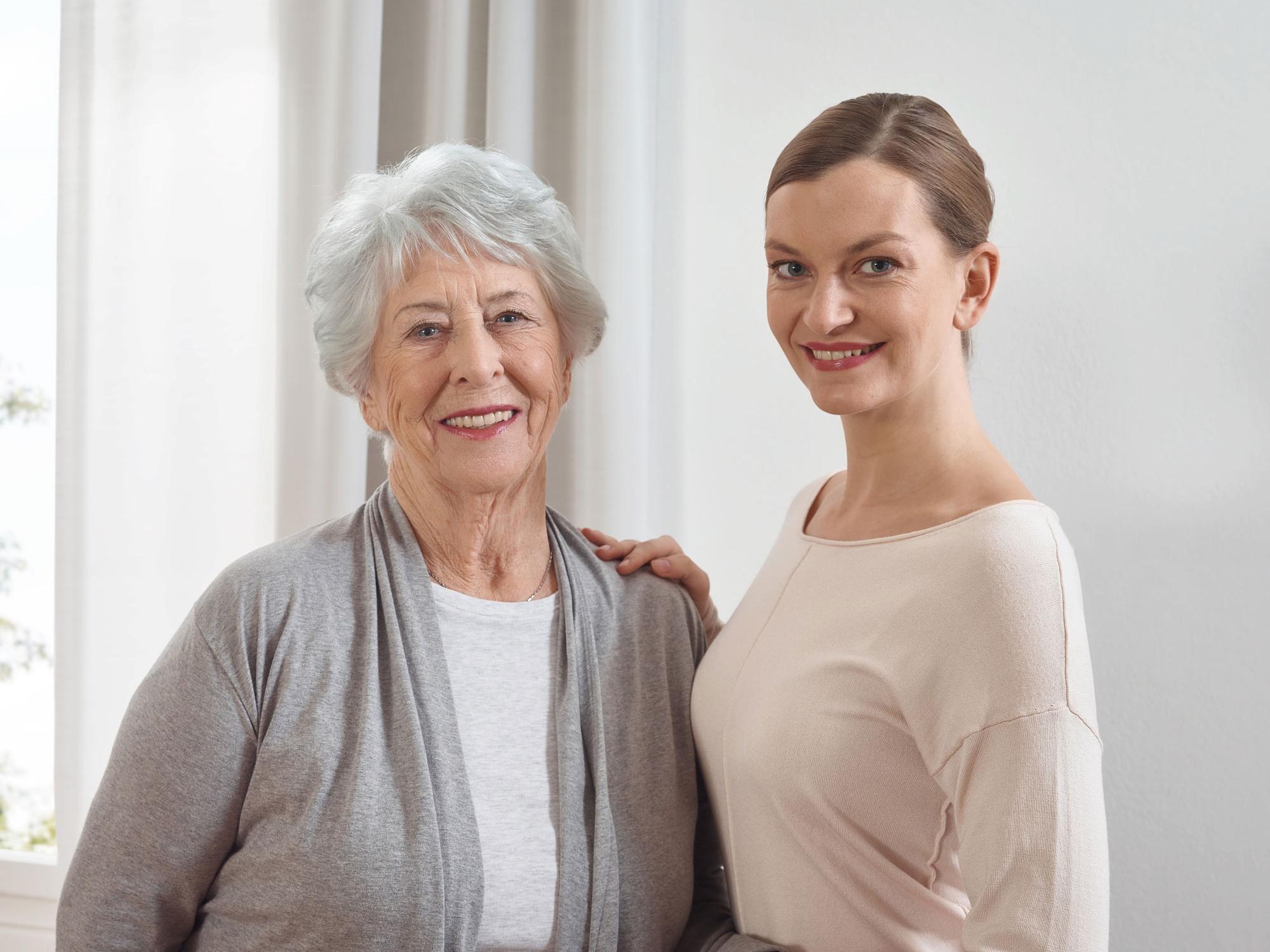
Only a few relatives still to contribute to nursing home costs
New German law raises the salary limit for maintenance obligations to EUR 100,000
Moving to a nursing home often improves the quality of life of senior citizens. They are well looked after there and find new social contacts. At the same time, the burden on their children involved in their care is reduced. Concerns about high costs, however, are one of the main factors that prevent many people from taking this step. It is not uncommon for children to take on the job of caring for their parents themselves, because they fear that they would have to pay a share of the nursing home costs and would not be able to afford this. The consequences are quarrels within the family and excessive demands placed on the children, who are often already old themselves. Since January, however, this problem has been considerably defused in Germany thanks to a new federal law.
From now on, children will only be required to contribute to their parents’ nursing home costs if they earn EUR 100,000 or more per year before tax. This amount applies to each child individually and is unrelated to the household income. So if the child and his or her spouse together earn more than EUR 100,000, they will still not be liable for maintenance.
Under the previous regulation, only children with a net monthly income of up to EUR 1,800 were exempt from supporting their parents – this corresponds to a gross annual income of around EUR 33,000. Up to 50% of any net income in excess of this amount could be deducted for nursing home costs.
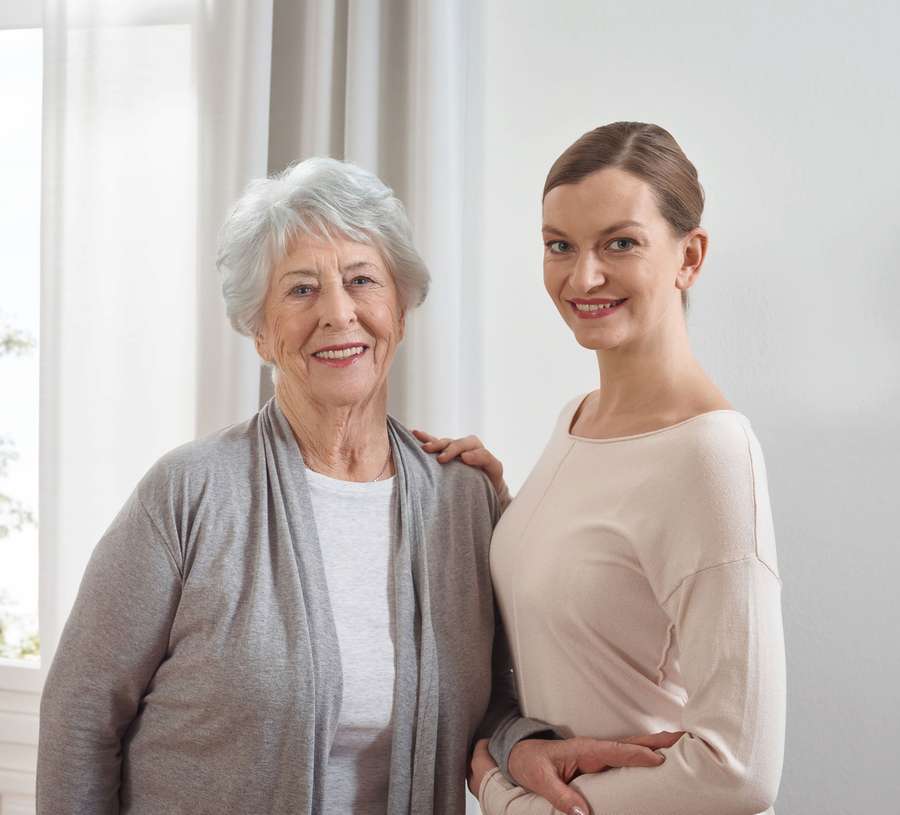
Association of German Cities demands support from federal government
In cases where old people are unable to pay their own contributions, the local authorities now take over completely as providers of social assistance. The Federal Ministry of Labour and Social Affairs (BAMS) expects additional costs of EUR 267 million for the year 2020. The German Association of Cities considers this estimate to be too low and has issued the following statement: “In the long term, the additional financial burden for the federal states and municipalities must be assumed to lie between EUR 0.5 and 1.0 billion per year.” The cities demand: “The municipalities must be fully compensated by the federal government for the additional financial burden placed on them as a result of the Act to Reduce the Burden on Families.”
It remains to be seen whether the new regulation will lead to an increased demand for places in nursing homes and whether the clear dominance in Germany of care at home will decrease in favour of nursing home care. At the moment, around 2.6 million people are being cared for at home and 820,000 people in nursing homes.
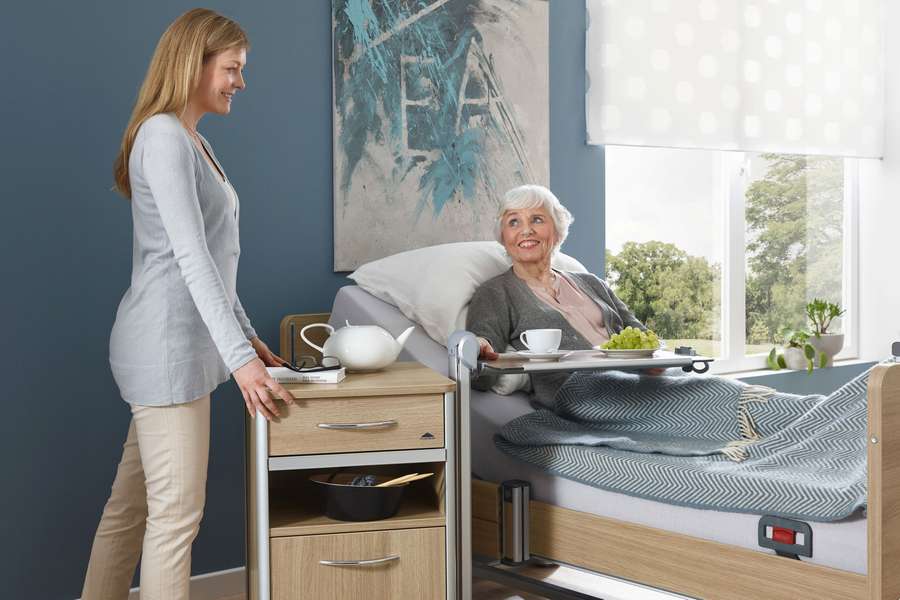
Ministry emphasizes priority of care at home
The Federal Ministry of Labour and Social Affairs states: “The Act to Reduce the Burden on Families does not contradict the priority of outpatient care over inpatient care. Rather, the regulation allows overburdened, conscientious relatives to hand over care duties when necessary without having to fear financial consequences for the entire family. It also prevents those in need of care themselves from worrying that their children could be called upon by the social welfare office to contribute to the costs of care in a nursing home.”
Despite this relief for relatives, the contribution that people in need of care potentially have to pay for a place in a home remains high and continues to rise. Across Germany, this contribution averages a good EUR 1,900 per month, with North Rhine-Westphalia being the most expensive state at EUR 2,400. The average pension in Germany is just over EUR 900 per person.
An informative list of questions and answers provided by the Federal Ministry of Labour and Social Affairs can be found here.


